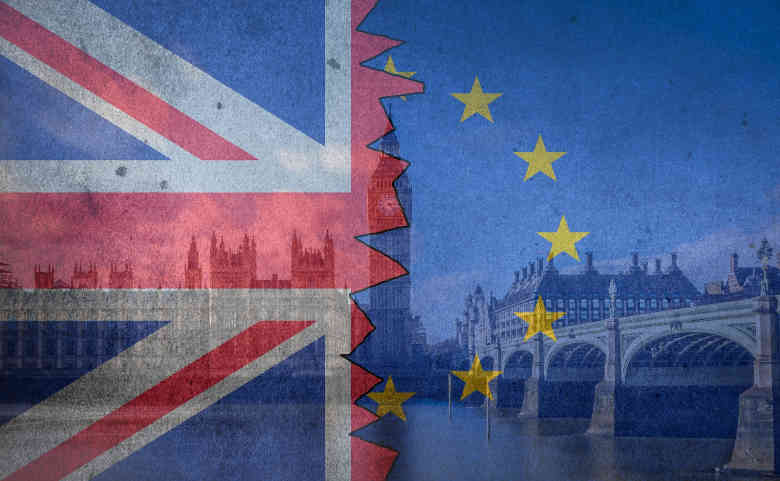Politeia, April 1, Professor David Collins
Shortly after Russia’s invasion of Ukraine in late February, the UK, the US, Canada and several other World Trade Organization (WTO) Members suspended the application of the Most Favoured Nation (MFN) treatment to Russian goods. MFN is a central pillar of WTO law, found in Article I of the General Agreement on Tariffs and Trade (GATT). It promises the lowest tariffs offered by each WTO Member will must be available to all. Russian President Vladimir Putin understands this all too well – his masters’ thesis was allegedly on the importance of the MFN principle to international trade. Russia will now operate under these countries’ general tariff (roughly 35% on virtually all of its exports). While this will have less of an impact on Russia than the financial sanctions, there is no question that revocation of MFN will hurt – it also serves a symbolic purpose of demonstrating the West’s disapproval of Russia’s actions.
There had been some discussion about excluding Russia from the WTO entirely following the invasion of Ukraine, but there is no provision for a member being withdrawn against its wishes in WTO rules. This has not stopped several influential WTO committees from disallowing participation of Russia in their work, another largely symbolic rebuke. The ongoing accession to the WTO of Belarus has also been terminated because of their support of Russia in the Ukraine invasion. Although this decision could ultimately be reversed, this will damage that country’s economic future in the shorter term.
Click here to read the piece in full.

